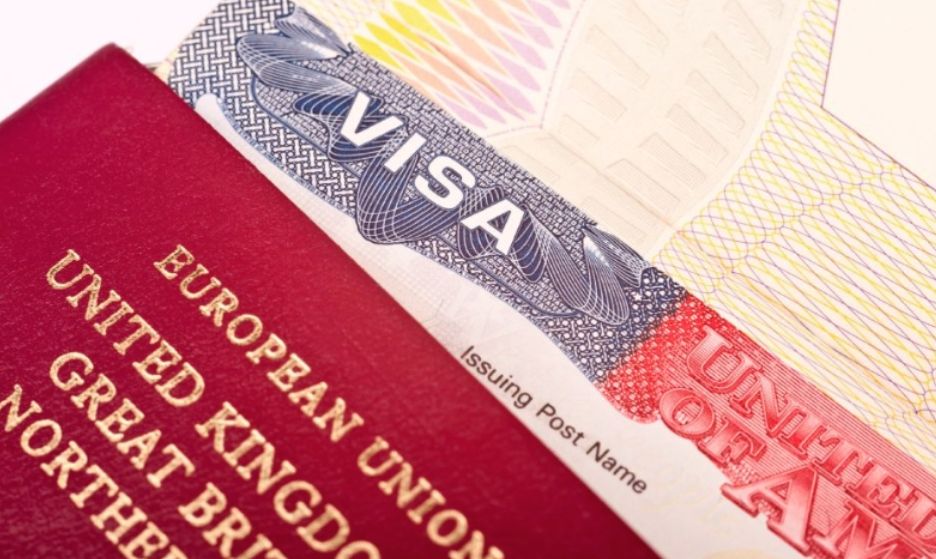Relocating to Europe can be an exciting journey, but success depends on careful planning across multiple domains: legal status, finances, business setup, real estate, and quality of life. Below is a structured guide to help prospective movers understand and prepare for the challenges and opportunities ahead.
Visa & Immigration Strategy
Types of Entry & Residency Permits
Europe hosts a wide range of visas and residence permits tailored to specific goals. These include work visas, family reunification permits, investor visas, student permits, and digital nomad or remote work authorizations. A detailed overview of these pathways can be explored at https://relocateeurope.com/. Each category comes with its own eligibility criteria, duration, and renewal requirements.
Common Obstacles & Remedies
Visa refusals can occur for a variety of reasons — incomplete applications, financial shortfalls, discrepancies in documentation, or failure to satisfy health or security checks. In some cases, appealing a decision or reapplying with corrected documentation may be possible. Engaging specialized legal counsel can improve chances of overturning denials.
Transitioning to Long-Term Residency
Many European nations provide pathways from temporary permits to permanent residence or citizenship. Requirements typically include minimum residency periods, language proficiency tests, integration exams, and proof of stable income or employment. It’s essential to track deadlines and fulfill all procedural steps without delay.
Setting Up Business & Corporate Structure
Establishing a Company
Entrepreneurs moving to Europe often prefer forming a local entity to facilitate operations and grant legal protections. Common forms include private limited companies, branches of foreign companies, or partnerships. Each structure brings trade-offs in taxation, liability, and administrative burden.
Visa Options via Business Activity
Some countries offer entrepreneur or startup visas that align with business incorporation. Qualifying requires a viable business plan, demonstrated investment capital, and projected job creation or innovation. In addition to the corporate setup, these visas often require proof of operational progress such as licensing, office lease, or client acquisition.
Cross-border Expansion
Companies headquartered outside Europe may wish to expand into EU markets. This entails evaluating regulatory compliance including consumer protection, data privacy rules, transfer pricing for intra-group transactions, value-added tax (VAT) schemes, and customs matters if goods are imported or exported across borders.
Taxation & Financial Planning
Resident vs. Nonresident Tax Regimes
Tax rules in Europe distinguish between residents and nonresidents. Tax residents usually owe taxes on worldwide income; nonresidents are taxed only on income from domestic sources. Some countries permit remittance regimes, under which foreign income is taxed only when it is brought into the country.
Corporate Tax and Incentives
Corporate tax rates in Europe vary significantly. Many jurisdictions offer incentives for specific sectors such as tech or renewable energy, or for specific regions. Tax credits, exemptions for research and development, and favorable capital gains regimes can materially affect the net cost of doing business.
Double Taxation Treaties & Compliance
Double taxation agreements (DTAs) help prevent the same income being taxed in two jurisdictions. Success depends on correctly interpreting treaty provisions such as residency tests, permanent establishment definitions, and withholding rates. Compliance also involves timely filing of returns and disclosures, especially in cross-border structures.
Real Estate & Housing Options
Purchasing vs Renting
Deciding whether to buy or rent depends on mobility plans, financial liquidity, mortgage availability, and local real estate norms. In some markets, purchasing property may require substantial down payments or strict credit evaluations, while renting may offer greater flexibility.
Mortgage & Financing for Foreigners
Some banks permit nonresidents to obtain mortgages, though often at higher interest rates or lower loan-to-value (LTV) ratios. Proof of income, international banking relationships, or collateral may be demanded. Interest deductibility rules and property taxes should be factored in when evaluating financing options.
Rental Investment Strategies
Buy-to-let investments can generate rental income and capital appreciation. Investors must analyze rental demand, local tenancy laws including rent control and eviction protections, management costs, and occupancy risk. Regulatory changes, such as environmental standards, can influence long-term value and maintenance costs.
Everyday Life & Cultural Adjustment
Cost of Living & Household Budgets
Living costs across Europe vary widely. Major cities in Western Europe tend to be expensive in housing, utilities, transportation, and groceries. Smaller cities or rural areas may offer significant savings. It’s useful to build a monthly budget factoring in local tax rates, healthcare, schooling, and transportation.
Social Integration & Language
Integration into a new society depends heavily on language proficiency and cultural adaptation. Learning the local language helps in daily errands, social life, and professional networking. Many countries also require language or civic tests as part of long-term residency processes.
Healthcare, Education & Social Services
Access to quality healthcare and education is often ranked among top priorities for migrants. Some nations provide universal healthcare to residents; others require private insurance. School systems might differ significantly, including public, private, and international models. Understanding eligibility, costs, and quality is essential before arrival.
Travel & Mobility Rights
Residence in an EU country often confers certain mobility rights — for example, the ability to travel or live in other Schengen area states without additional visas. Understanding freedom-of-movement rules is crucial for mobility across Europe.
Conclusion
Relocating to Europe demands strategic planning across legal, financial, business, and lifestyle dimensions. Success lies in aligning visa pathways with entrepreneurial or employment goals, optimizing tax and corporate structures, selecting the right housing and investment strategies, and preparing for cultural immersion. A thoughtful, well-researched approach can make the transition smoother and increase the chances of long-term fulfillment in a new European home.



